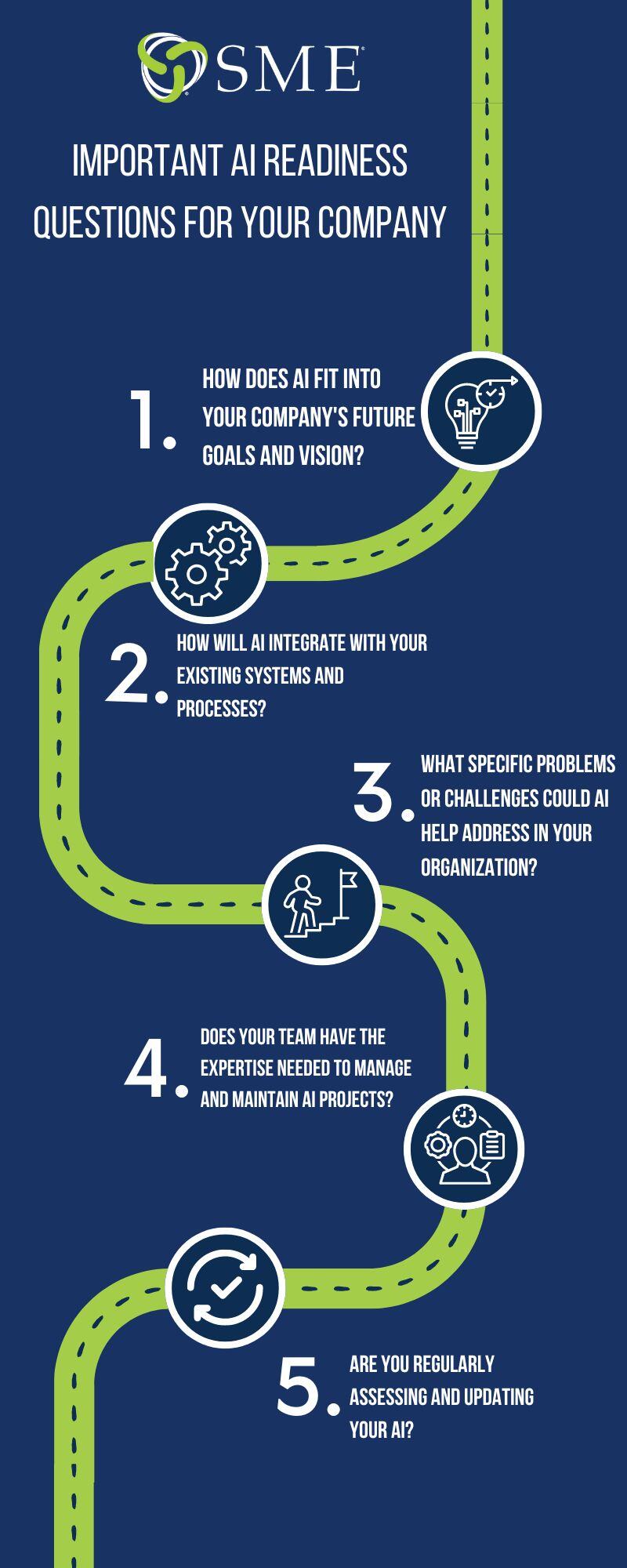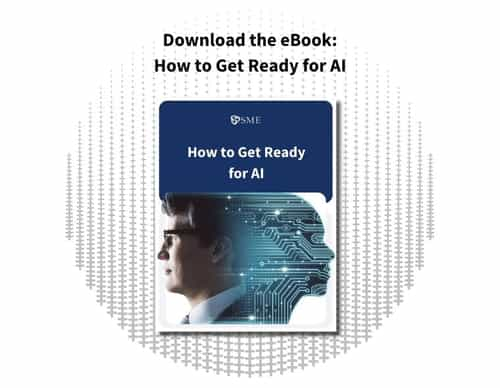The progress of Artificial Intelligence (AI) is indisputable. From the self-driving cars zipping through city streets to the chatbots patiently answering customer queries, AI reaches into every aspect of our lives. But amidst the undeniable excitement, a crucial question often gets sidelined: are we culturally ready for AI as an organization?
Sure, the technical infrastructure and data organization might be there, the data sets meticulously compiled. But without a culture receptive to change, transparent in its actions, and ethically sound in its principles, even the most sophisticated AI project can stumble spectacularly. 
Why does cultural readiness matter so much?
1. Trust and Transparency: Implementing AI often involves collecting and analyzing sensitive personal data. Without transparency about how AI works and safeguards this data, employees and customers alike turn wary. Open communication and clear, ethical guidelines are the sunshine and water that build trust, allowing the AI seed to take root.
2. Embracing Change: AI disrupts the status quo, demanding adaptability and a willingness to learn. Cultures that encourage experimentation, foster collaboration, and celebrate learning create an environment where AI can flourish. Conversely, rigid hierarchies and a fear of failure prevent innovation.
3. Reskilling and Upskilling: Nourishing the Leaves: Automation through AI may alter roles, necessitating reskilling and upskilling initiatives. A culture that invests in its workforce, prioritizes training, and values lifelong learning empowers employees to thrive in the transformed landscape.
4. Responsible AI: Ethical considerations around bias, fairness, and accountability are paramount. A culture that prioritizes diversity, inclusion, and responsible AI development ensures technology serves humanity, not the other way around.
But how do we assess and cultivate this cultural readiness?
- Surveys and Workshops: Gauge employee attitudes, identify concerns, and gather feedback through internal surveys and workshops.
- Governance and Frameworks: Establish clear governance frameworks and ethical guidelines that define how AI will be used, by whom, and with what safeguards.
- Leadership Development: Equip leaders to champion AI adoption, address concerns, and navigate change effectively.
- Open Communication and Education: Provide training on AI basics, its applications, and potential impact on jobs. Utilize SME Solution Group's artificial intelligence discussion questions to help support this.
- Celebrate Successes and Learn from Failures: Share positive experiences with AI to cultivate enthusiasm and openly discuss challenges to foster learning.
AI readiness is not a sprint, but a marathon. It requires ongoing effort, and a crucial part of that journey is cultivating cultural readiness for Artificial Intelligence. By actively nurturing a culture that embraces change, prioritizes ethics, and invests in its people, organizations can build flourishing ecosystems where AI thrives and flourishes.
Get In Touch With Us Today
.png?width=700&height=127&name=Blue%20Mantis%20formerly%20known%20as%20SME%20Solutions%20Group%2c%20Inc.%20(GREEN).png)



